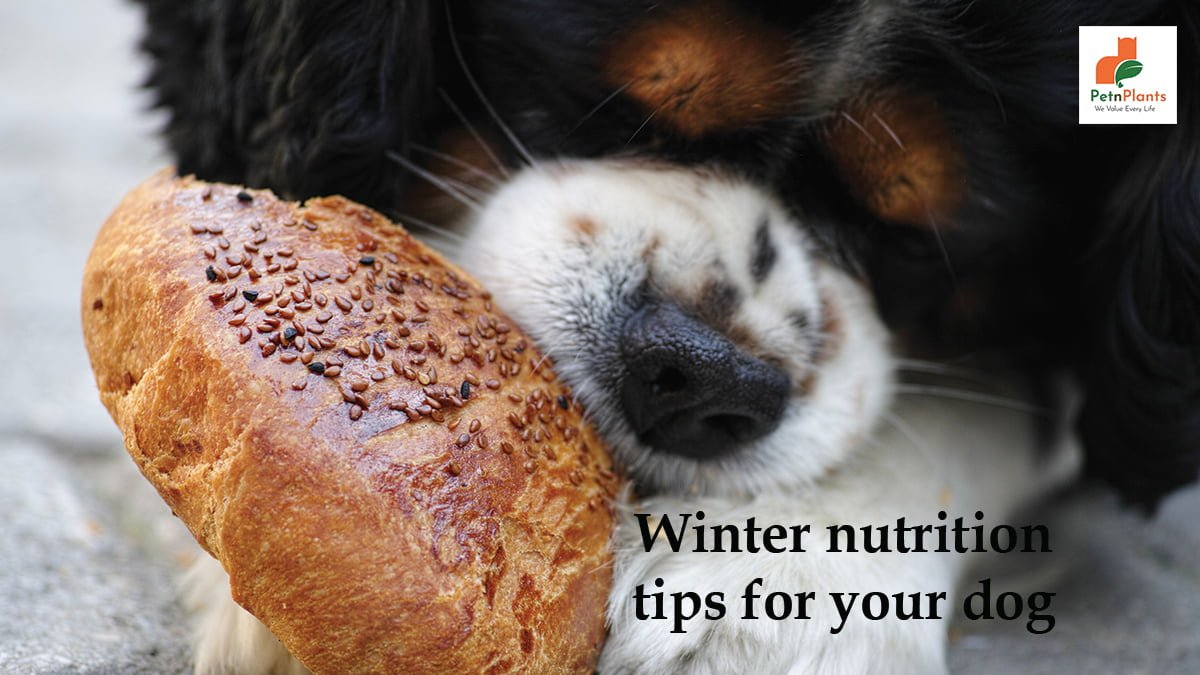How To
Latest
Pet Care
How to Groom Your Dog at Home with the Right Dog Grooming KitMarch 19, 2025
We Value Every Life

Like humans, dogs need to eat a balanced and nutritious diet to stay healthy. This is especially important in winter when the cold weather can take a toll on their bodies. If you’re unsure what food is best for your dog this winter or how much it should be eating, read on to get winter nutrition tips for your dog. From the right type of food to how much exercise they need, we’ve got you covered.
As the weather gets colder, it’s important to ensure your dog gets the nutrients they need to stay healthy. Here are a few tips on how to do that:
As the weather gets colder, it’s important to ensure your dog gets the nutrition they need to stay healthy. Here are some winter-specific tips to keep your furry friend in top shape:
When the weather outside is frightful, it’s easy to let your dog sit around all day without getting much exercise. But just because it’s cold doesn’t mean your pup doesn’t need to burn off some energy. Many dogs love playing in the snow! Here are a few tips for making sure your dog gets enough exercise in winter:
– Take your dog for a walk at least once a day, even if it’s just a short walk around the block. If you can’t walk them yourself, hire a dog walker or ask a friend or family member to help.
– Play fetch or other games inside if it’s too cold to go outside.
– Invest in an indoor pet treadmill or set up an obstacle course in your home for your dog to run and jump through.
– Sign up for doggy daycare one or two days a week so your pup can socialize and play with other dogs.
When the weather turns cold, it’s important to take some extra steps to keep your dog safe and healthy. Here are a few winter safety tips for dogs:
0